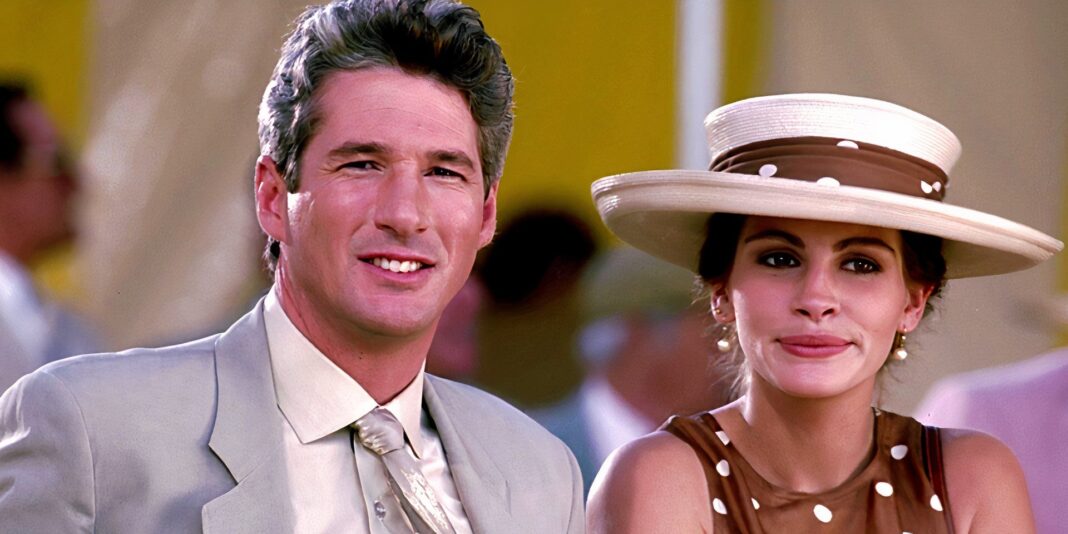“Get ready to relive the magic of the iconic rom-com that captured our hearts in the ’90s! In a recent revelation, Richard Gere, the dashing leading man of Pretty Woman, has spilled the beans on his one non-negotiable requirement to reprise his role alongside the stunning Julia Roberts in a potential sequel. The 1990 blockbuster that catapulted both Gere and Roberts to superstardom, Pretty Woman, still holds a special place in the hearts of millions, and the prospect of a sequel has left fans salivating. But what’s the one thing that would convince Gere to slip back into the shoes of the wealthy businessman who fell for a charming prostitute? The answer might just surprise you. In this exclusive, we delve into the intriguing details of Gere’s condition and what it could mean for the possible revival of this beloved romantic comedy.”
The Bigger Picture
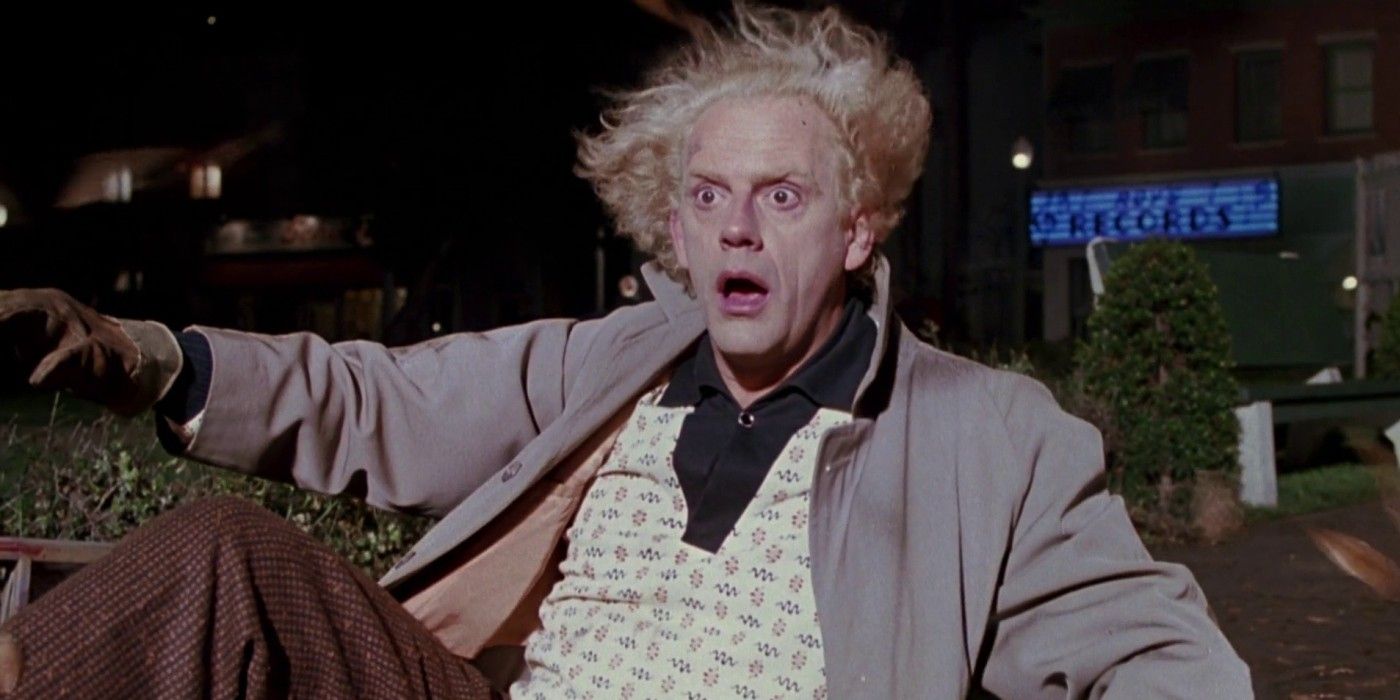
The era of reboots and revivals is upon us, and it’s easy to get caught up in the nostalgia of revisiting beloved characters and storylines. However, it’s essential to remember that these legacy sequels should not exist solely for the sake of nostalgia. The value of thoughtful storytelling in reviving classic characters and storylines cannot be overstated.
In the case of Pretty Woman, the original film’s success can be attributed to its well-crafted narrative, memorable characters, and timeless themes. A sequel would need to build upon these elements, rather than simply relying on the original’s popularity. This is where Gere’s emphasis on a “good script” comes into play.
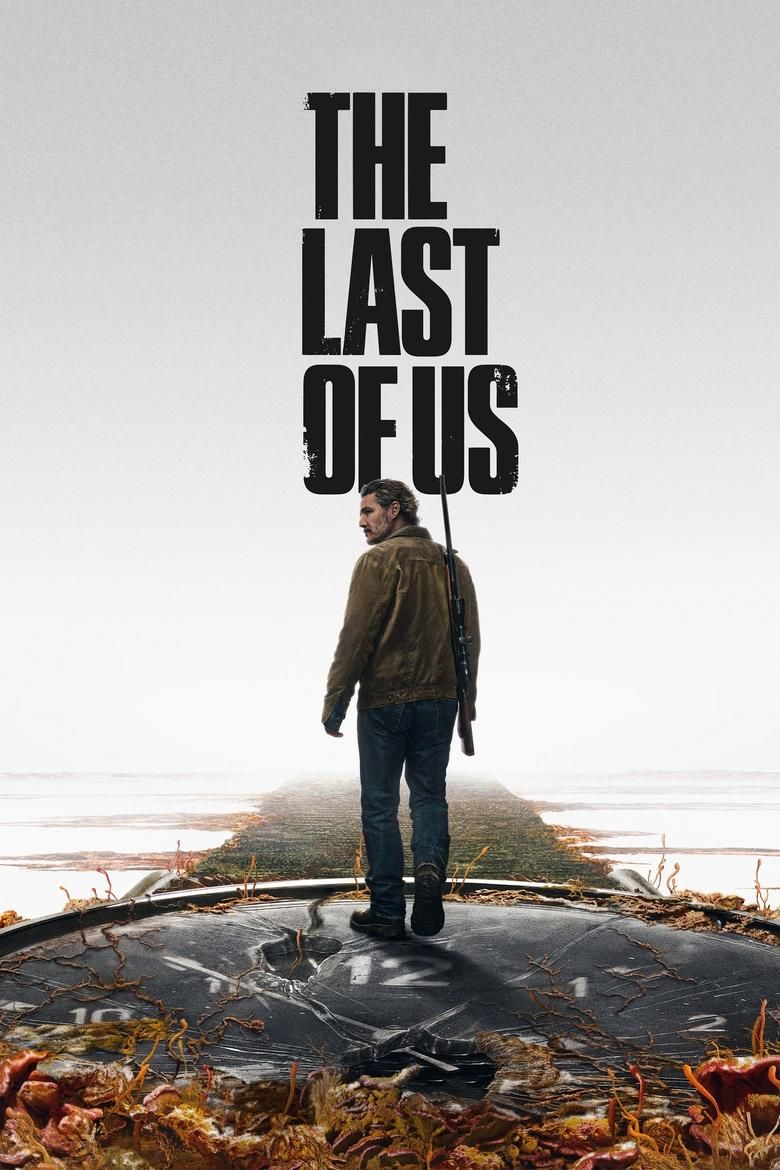
The Importance of Fresh Storytelling
A successful sequel would require a new narrative that explores the characters and their relationships in a meaningful way. This could involve delving deeper into the themes of class differences, personal growth, and the challenges that come with building a life together. The key is to find a balance between paying homage to the original and introducing new elements that keep the story fresh and engaging.
As Gere noted, a simple cash grab or nostalgia-led revival wouldn’t be enough to justify a sequel. The door is open for writers and studios to step up and develop a pitch that honors the beloved characters and offers a worthy continuation of the story. This would require a thoughtful approach to storytelling, one that prioritizes the characters’ development and the narrative’s integrity.
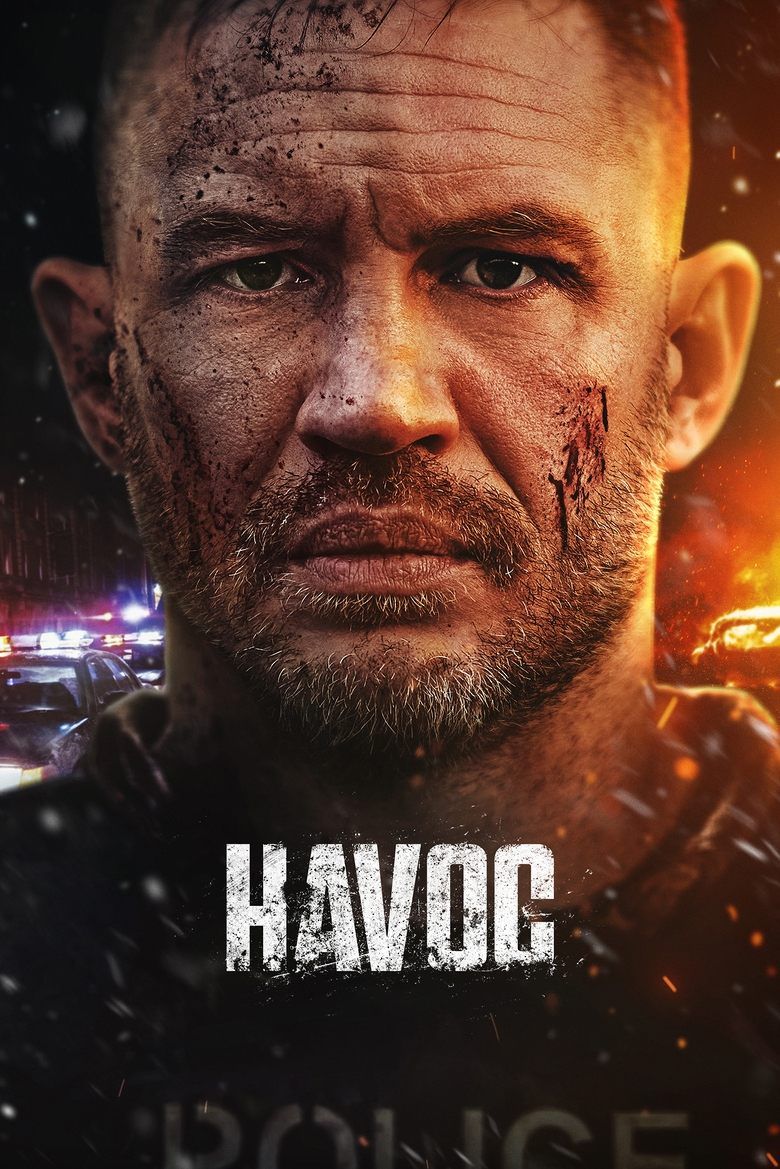
Implications and Possibilities
What-if scenarios are always fascinating, and Pretty Woman is no exception. One possible direction for a sequel could explore the challenges that Edward and Vivian faced as they navigated their relationship in the years following the original film. This could involve delving into the practicalities of building a life together, such as balancing their differing backgrounds and socioeconomic statuses.
Another possibility could involve exploring the themes of class differences and personal growth in a more nuanced way. This could involve introducing new characters and storylines that challenge the couple’s perceptions and force them to confront the complexities of their relationship.
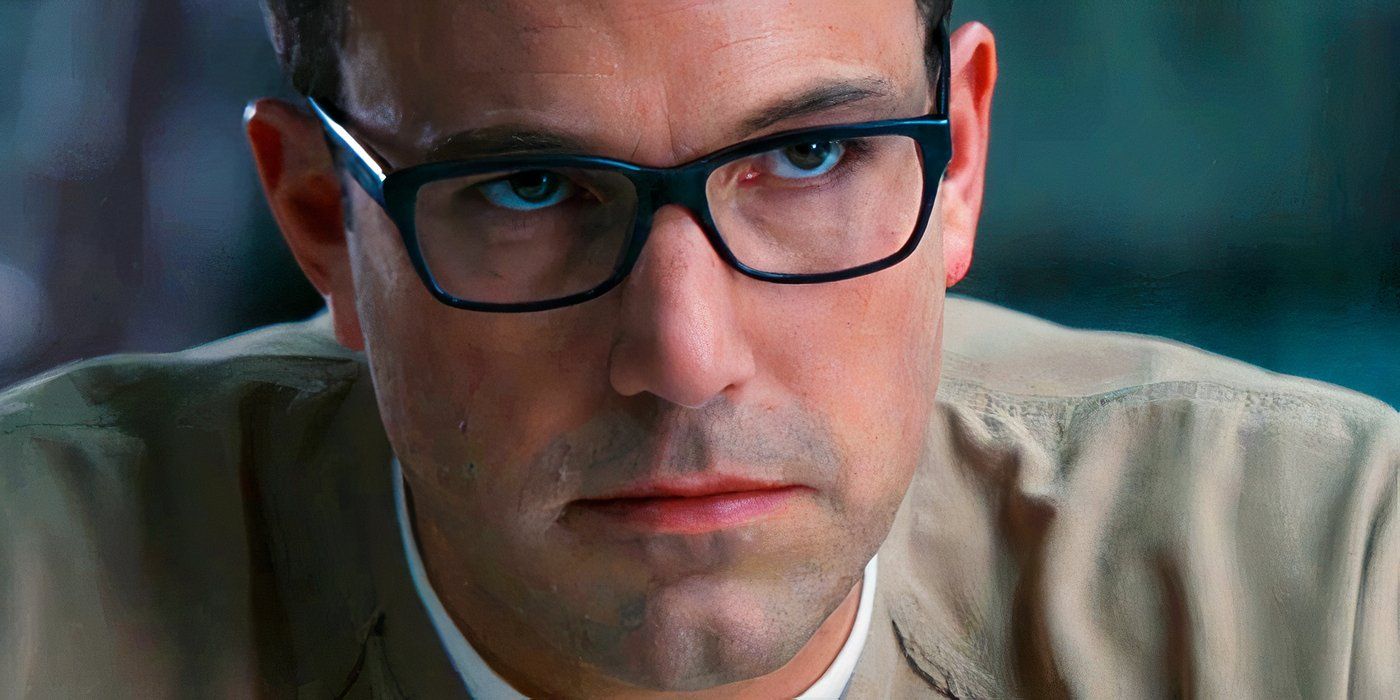
The Door is Open
Gere’s comments leave the door open for writers and studios to step up and develop a pitch that honors the beloved characters and offers a worthy continuation of the story. This would require a thoughtful approach to storytelling, one that prioritizes the characters’ development and the narrative’s integrity.
A well-crafted sequel could answer some of the unanswered questions that fans have been left with for decades. What happened to Edward and Vivian after Pretty Woman? Did they build a life together, or did their differences ultimately tear them apart? A thoughtful script could explore these questions in a way that is both emotionally resonant and narratively satisfying.
Our Take
A smart script is the only way this movie works. Gere’s emphasis on a “good script” is a refreshing change from the typical nostalgia-led revivals that often plague Hollywood. It’s a reminder that legacy sequels should not exist solely for the sake of nostalgia, but rather to tell a compelling story that honors the original and offers something new and meaningful.
In the case of Pretty Woman, the original film’s success can be attributed to its well-crafted narrative, memorable characters, and timeless themes. A sequel would need to build upon these elements, rather than simply relying on the original’s popularity. This is where Gere’s emphasis on a “good script” comes into play.
A successful sequel would require a new narrative that explores the characters and their relationships in a meaningful way. This could involve delving deeper into the themes of class differences, personal growth, and the challenges that come with building a life together. The key is to find a balance between paying homage to the original and introducing new elements that keep the story fresh and engaging.
Conclusion
In conclusion, Richard Gere’s revelation about his one condition for a Pretty Woman sequel with Julia Roberts has sent shockwaves through the entertainment industry. The iconic actor’s insistence on a more substantial and meaningful storyline highlights the importance of creative vision in filmmaking. It also underscores the need for Hollywood to move beyond superficial rom-coms and deliver more nuanced, character-driven narratives that resonate with audiences. By holding out for a script, Gere has set a powerful precedent, demonstrating that even the most established stars can prioritize artistic integrity over commercial appeal.
As we look to the future, Gere’s stance could have far-reaching implications for the rom-com genre as a whole. With the #MeToo movement and calls for greater representation, the demand for more thoughtful, inclusive storytelling is growing louder. If a sequel to Pretty Woman – a film that, for all its flaws, remains beloved by many – can rise to this challenge, it could pave the way for a new wave of romantic comedies that truly capture the complexities of human relationships. Whether or not a Pretty Woman 2 comes to fruition, Richard Gere’s commitment to artistic principles serves as a beacon of hope for those seeking more substance in their cinematic experiences.
Ultimately, Richard Gere’s refusal to compromise on his vision is a testament to the power of conviction in the face of creative pressure. As we navigate the ever-changing landscape of Hollywood, it’s a timely reminder that, even in the most seemingly frivolous of genres, artistry and integrity matter. And so, we’re left to ponder: what if our favorite romantic comedies – the ones we quote, rewatch, and cherish – were actually more than just feel-good fluff? What if they were, in fact, vessels for something greater: a deeper understanding of ourselves, our relationships, and the world around us?
